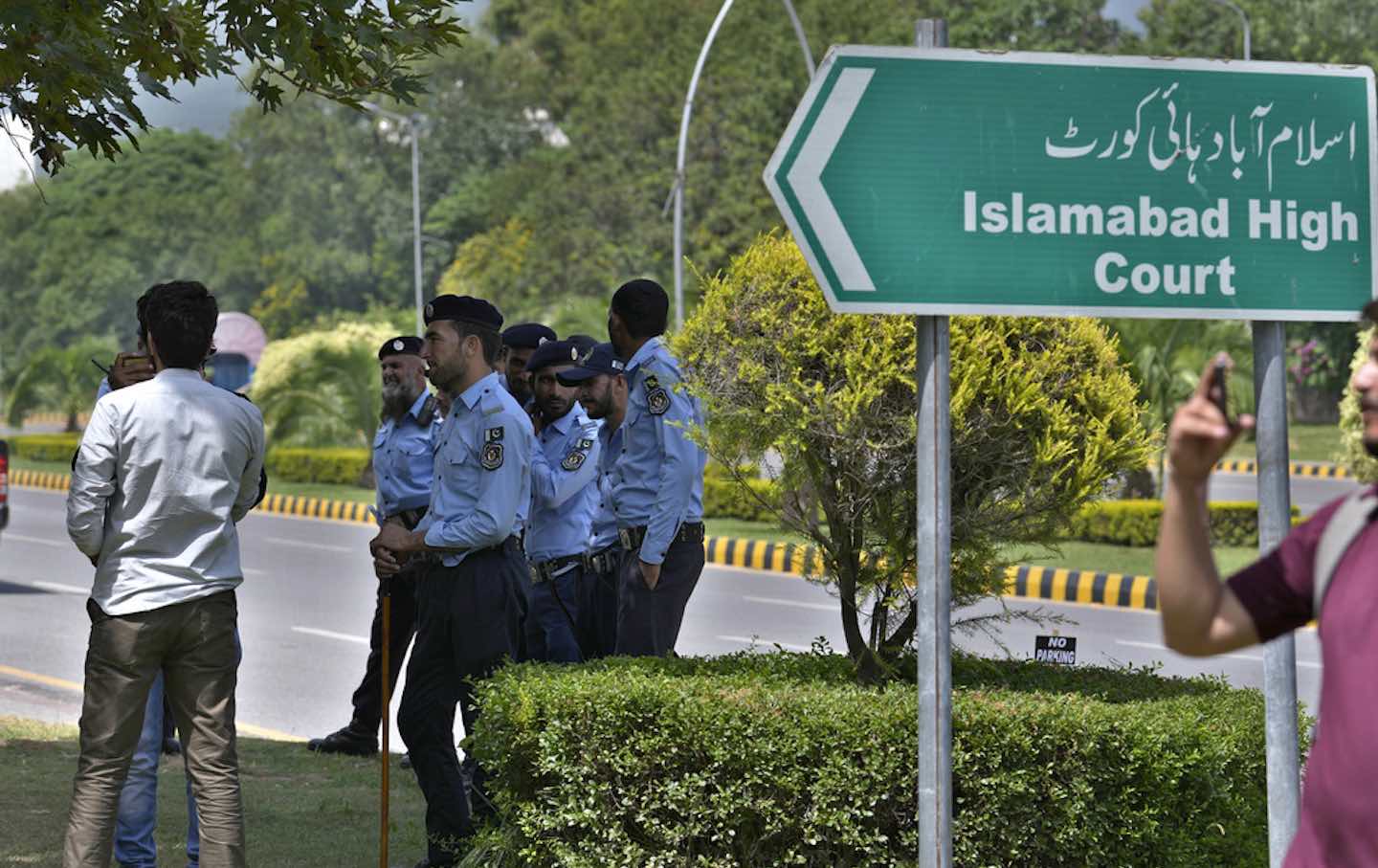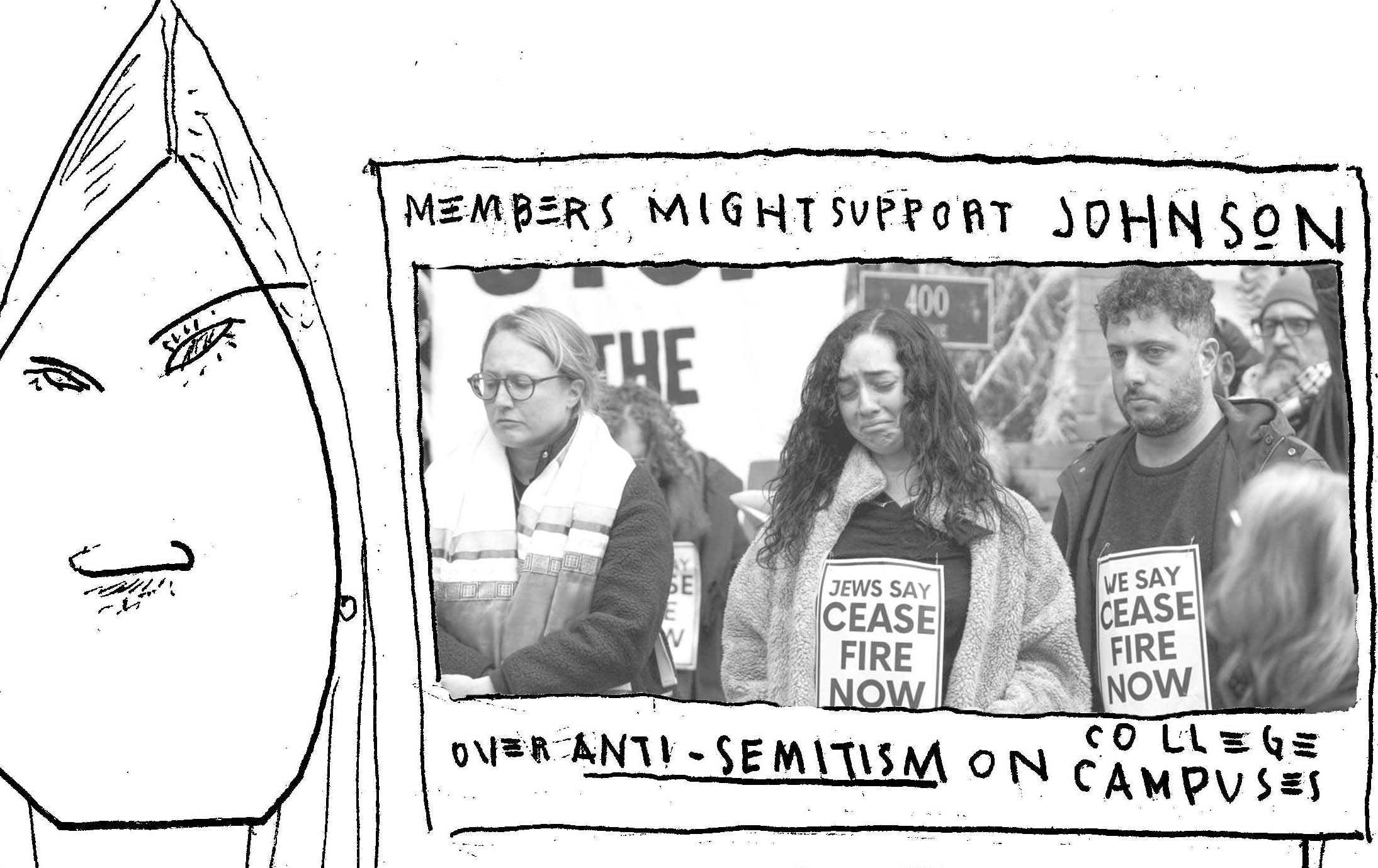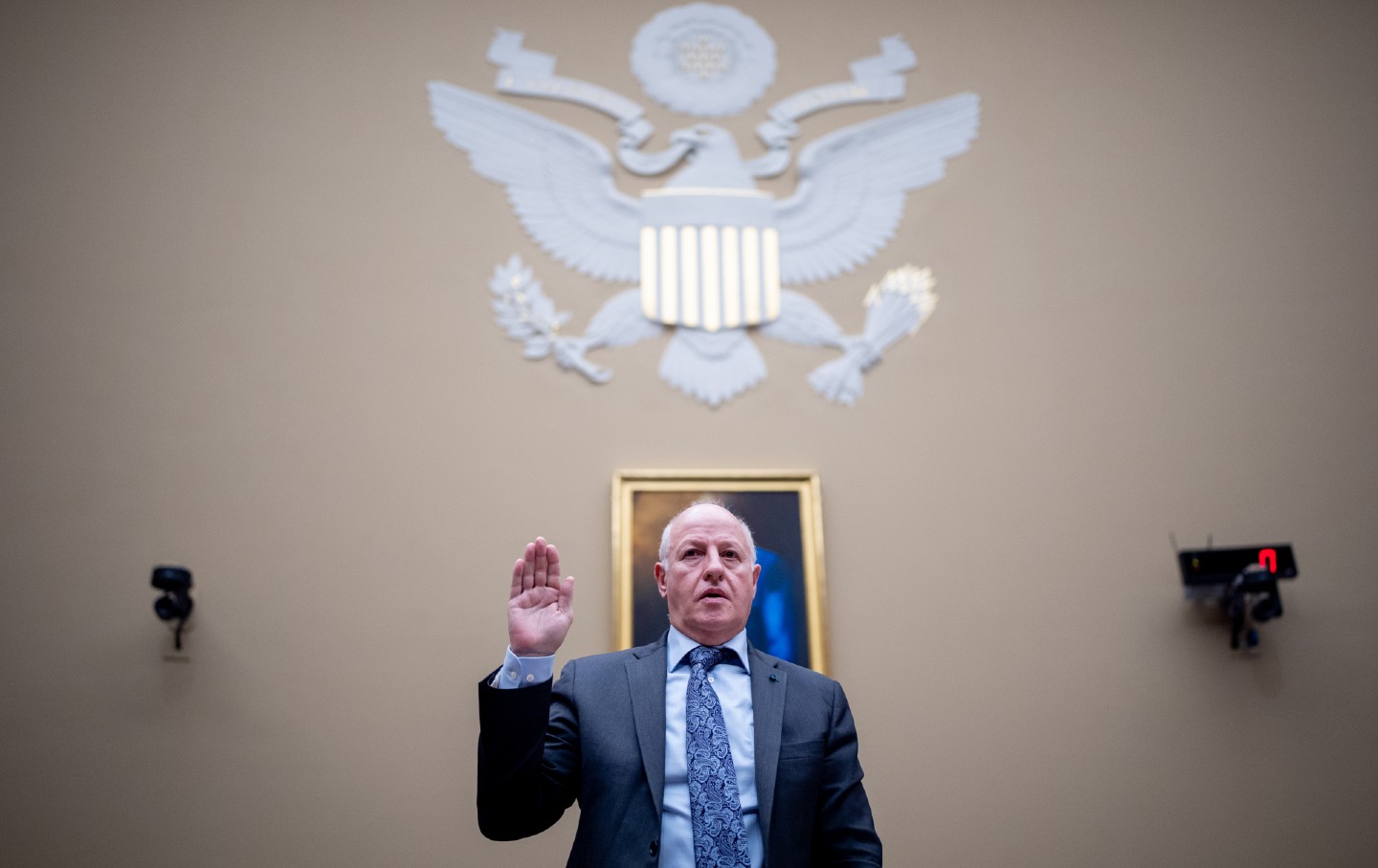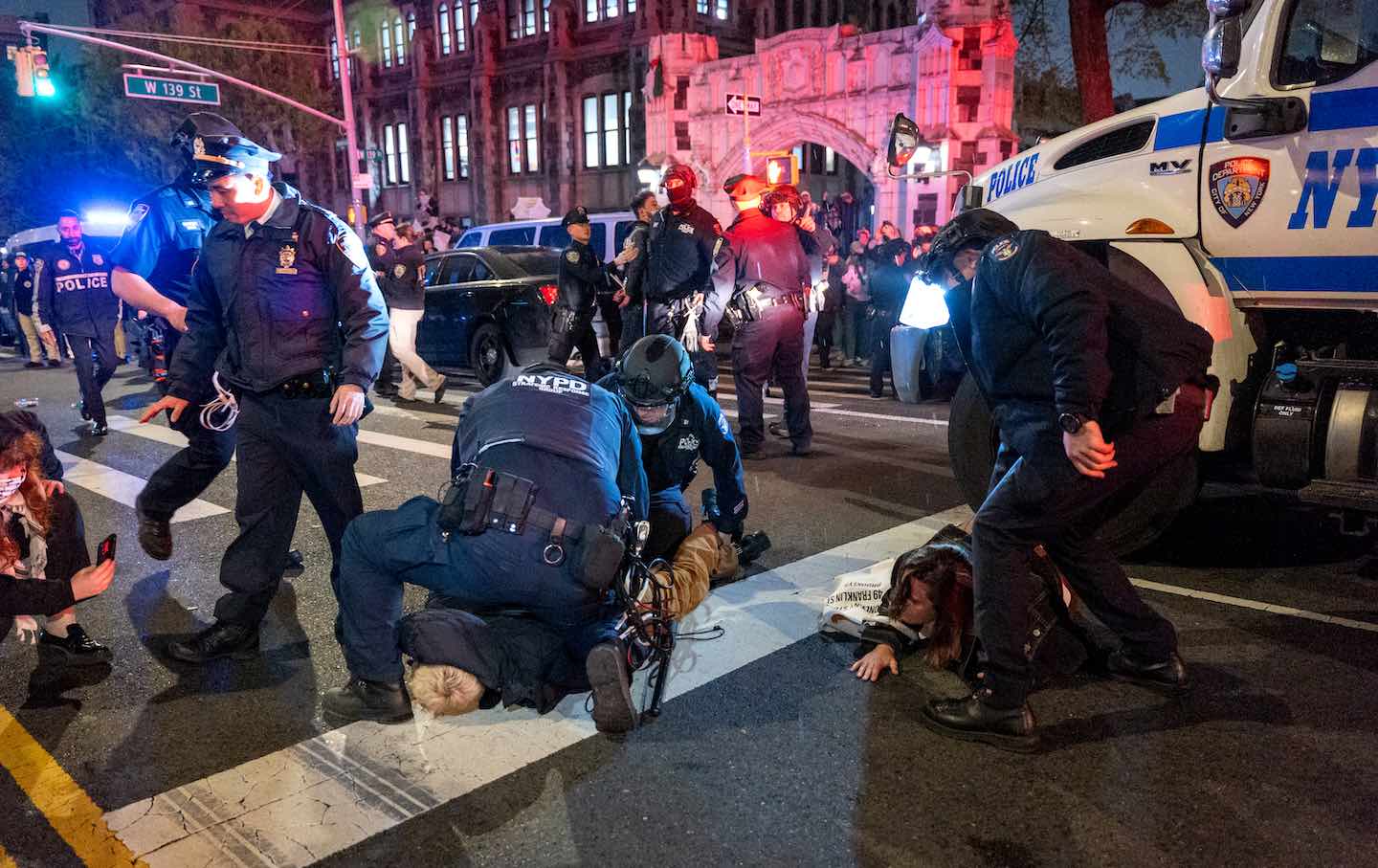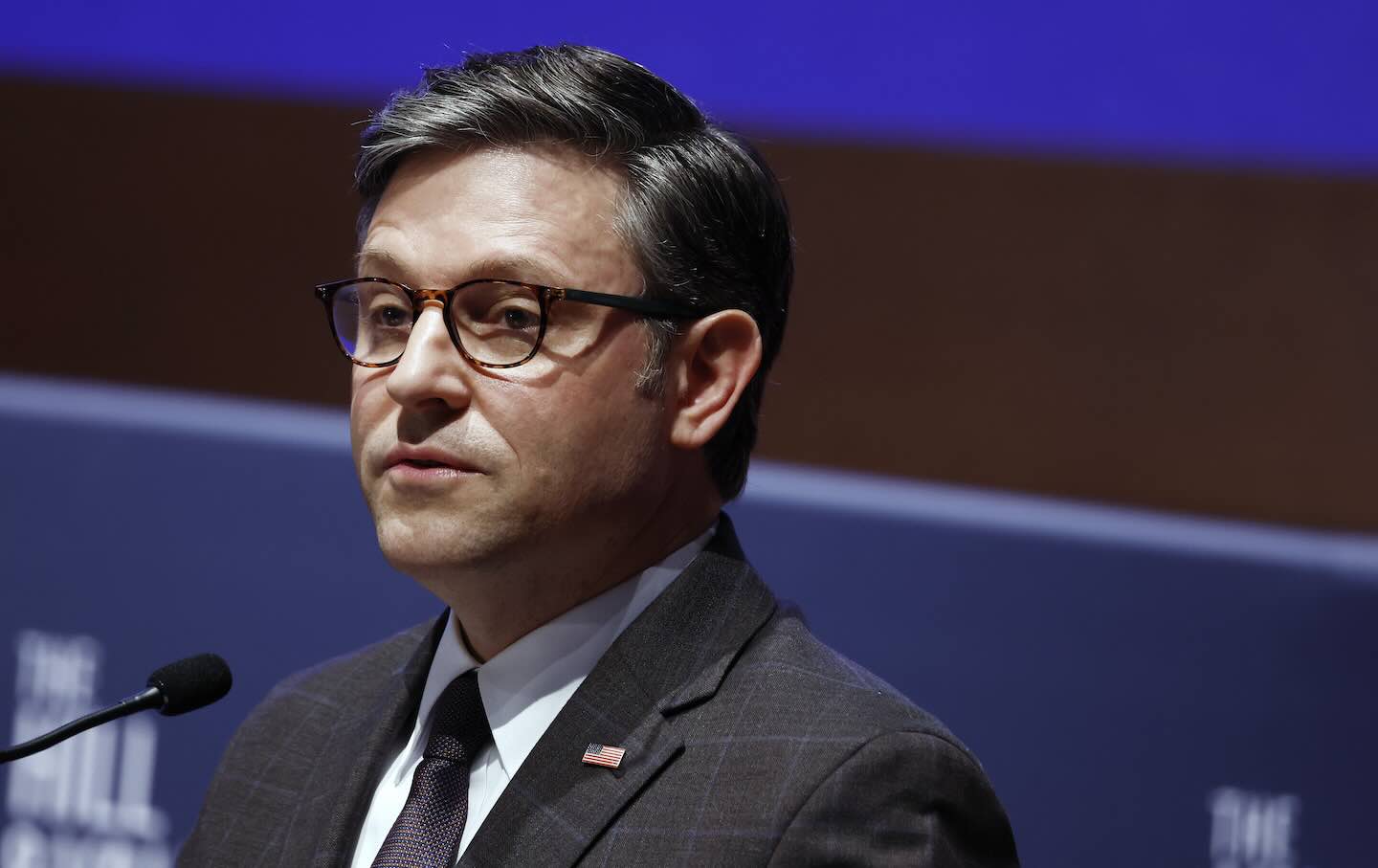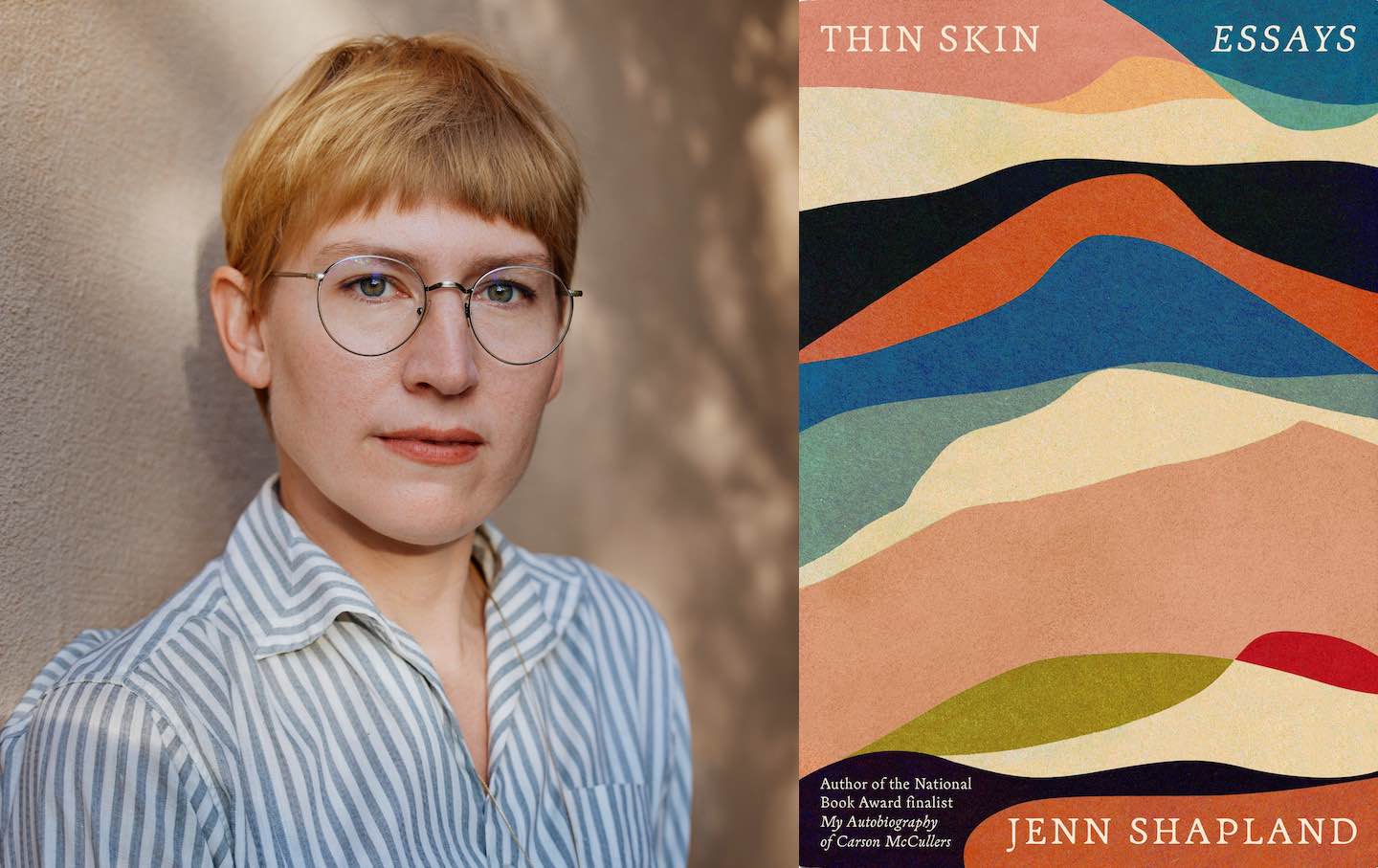
The writer Jenn Shapland has long been interested in troubling boundaries, definitions, and structures. In her 2021 debut, My Autobiography of Carson McCullers, which won the Publishing Triangle Judy Grahn Award for Lesbian Nonfiction, the Phi Beta Kappa Christian Gauss Award, and a Lambda Literary Award, and was a finalist for the National Book Award, Shapland questioned the form, the methodology, and the very notion of biography as a way of knowing and understanding other humans. Now she returns with Thin Skin (Pantheon), a collection of essays in which Shapland probes the capacity of essay as a form to examine and question the lines we draw between ourselves and others, ourselves and the non-human world, and the past we’ve wrought with the present in which we live. I spoke with the Santa Fe, N.M.–based writer about the genesis of these essays, their relationship to one another, their impact on her own perceptions and practices, and her hopes for the life they take on in the world.
Sara Franklin: In the essay “Thin Skin,” you excerpt from an interview with Marian Naranjo who says, “We were the experiments.” It struck me as a profoundly true statement about America: This nation has always been an experiment, and we are seeing more and more clearly all the ways in which it has been a failed experiment. What does that stir for you at this point?
Jenn Shapland: The Covid-19 pandemic really gives you a lens onto that; how we are the experiments. We don’t know what’s going on so we’re going to let the entire populace try out a variety of different ways of managing the pandemic, and depending on which state you’re in we’re going to have a completely different approach, and we’re going to have no pandemic preparedness plan as a government with your lives at stake. And, as always, it’s going to affect different groups unequally. It forced people to recognize that we’re vulnerable to each other, despite the fact that America as an experiment, as an idea, really seems invested in the notion that we are individuals, we are autonomous, we are separate.
The film Oppenheimer is on everyone’s lips right now—I haven’t seen it, but I just learned they’re showing a PSA in New Mexico from the Tularosa Downwinders before screenings of the film—and to me it’s so odd and weird and awful, to make a hero movie where an individual is wrestling with his own existential problems with the bomb, when we now know the extent to which people in New Mexico and elsewhere were exposed to radioactivity in the pursuit of those weapons. There’s this impulse to historicize and say the bomb is something that happened in the past—to grapple with it as history, but it’s actually very much present. In my day-to-day life in New Mexico, and even more so in the day-to-day lives of the people who have been exposed more directly, whose loved ones have been exposed or who are continuing to be exposed, or who are being sent to college to learn how to produce plutonium pits for the Biden administration. That’s a thing that’s happening right now.
SF: In that same essay, you talk about “Not knowing, not wanting to know, about contamination is a hardening of their shell, a form of protection,” and later, you name our culture’s longstanding denial of, and discomfort with, “the fearsome possibility that we are deeply enmeshed with other bodies, and with our environment.” How do you understand those statements and sentiments having done this research, and how have they shifted the way you actually move through the world?
JS: It’s still a struggle for me. How much do I tell people, how much do I bring this up in everyday conversation? Because it’s so dark, and it’s also something we are very much powerless against. I’m really steeped in this, but I’m also aware that, to get through the day, most people need to not think about this and not be wondering, “Is there plutonium in my water?” But I also wonder, have they ever thought about that? I write about my mom’s cancer, which was likely environmental. There’s this innate tendency to want to protect ourselves from these realities, and yet, as I write, the only way, the starting place for shifting any of this is being aware, acknowledging it, talking about it. But those conversations aren’t easy.
SF: In “Strangers on a Train,” you make this statement that “America’s most precious resource is white women’s bodies.” I am a white woman. You are a white woman. I’m wondering how coming to that assertion has made you think and feel, as the person who gets caught within that statement, while knowing that much of the violence is being done to other people with that concept.
JS: Growing up sheltered in a pretty conservative suburban community and all the parameters that existed around my safety was infantilizing and kept me from knowing what kind of violence was committed in my name. But once I pieced that together and began to look at it more clearly, it showed how complicit I am. I’m infantilized, but I’m also responsible. And, for me, the responsibility comes in this very weird human place. It comes in the form of fear. The question in the back of my mind in the essay and in my life is: How do I go through the day and my life when this fear is going to come up?
SF: In “The Toomuchness” essay, you point towards research that shows that depression rises in consumer-oriented societies. What do you think is at the crux of this feeling of malaise? Is it the emptiness of our material stuff itself, or the despair when we realize that we have poured so much energy and resources into constructing a world that holds little or nothing of meaning at all?
JS: It’s both, I think. Our stuff isn’t alive. We can’t have a social connection to it that’s fulfilling. That’s fundamentally true because of the ways our brains are wired to connect with other beings. Yet everything we do, from a certain perspective, is to achieve some kind of material security or stability. That begins with basic human needs that need to be met: we need shelter and food. But for many people who aren’t living in dire scarcity, once your physical needs are met, it very quickly turns into looking to things to fulfill some other emptiness that the objects can never fulfill. We’re in this feedback loop all the time of buying. For us not to notice that our things aren’t fulfilling is very helpful to capitalism, but it also points to the fact that in the pursuit of these things we’ve increasingly lost touch with one another. This is another way the Covid-19 pandemic shows up. That moment proved how important it is to have connections and be embedded in one another’s lives. We can’t just be beings of our stuff and of screens.
SF: In your discussion of late capitalism as a notion and a phrase, you refer to the disappearance of the internet and the return of “our own minds and immediate lives” as an “ongoing fantasy [of] relief.” I’m thinking about your previous book and its historical orientation, and wondering how you think about the relationship between your attraction to the past as a way of understanding our present, and your desire for more immediacy and presence in the moment?
JS: Being with archival documents feels, to me, like a form of presence: You are present with these objects from the past; they have dust on them, it’s this very immediate engagement. Because of social media, because of the ability to comment, there’s a shift that’s happened culturally in what we believe literature and art should do. Right now, there’s a belief that there should be an immediate response from the internet in the form of likes and comments. And readers feel entitled to make a comment, to have those interactions, to send me an email or whatever it is, and I—we—are supposed to be a part of that interaction. Being engaged in that way is deeply unsatisfying to me. After a day spent sifting through that kind of feedback, I always feel like I’ve been so busy, but actually I’ve done nothing. Whereas if I spend the day deeply immersed in a text, it’s a totally different experience: I feel like I’ve actually communicated with someone, someone has actually communicated with me. Engaging with an historical or archival object, or something someone has written or a work of art in a space separate from the thing itself over a period of time does something different to your brain and your sense of connection.
SF: I’m curious how or if you see the relationship between the women-identified artists you talk about in “Crystal Vortex” and their artistic practice—what it means to them and that kind of space—and your discussion of motherhood and the extractiveness of the institution of motherhood in the essay “The Meaning of Life.”
JS: “Crystal Vortex” is trying to understand the self in relation to work and artistic practice, and asking how we can understand our purpose or reckon with spiritual emptiness when the self is being elided with work or career. And in “The Meaning of Life,” I’m exploring how you can have an autonomous life when you are socialized from birth to be selfless and to caretake others, to put others before yourself and to want to give birth to and mother another being. How can you have a self when those boundaries are so permeable? There’s this pressure to be productive. That’s increasingly what I see. I feel like writing and art are meant to exist in a slower timescale, and they’re meant to exist in the absence of those pressures. So, the more those pressures increase on us, the less space there is to have aimlessness. And I’m trying to get more of that, writing without a purpose, writing into the space of a question.
SF: Given that this is a book that does not purport to have solutions and, at best, offers coping mechanisms, I wonder how you see readers putting this book to use.
JS: I’ve been thinking a lot about [the late] Sinead O’Connor, and her notion that an artist’s job is to create difficult conversations, to create the ground, and everyone who engages with the work is there to have the conversation. The artist isn’t supposed to be part of the conversation. That’s really helpful to me because I wade into some difficult conversations in the book that I badly want people to be talking about. Not just about chemical exposure and contamination, but also how we might go about finding purpose and meaning in life, and really consider our legacy, especially this summer when everyone’s grappling with climate change; it’s hot, and so it’s finally really hitting home in a more extreme way. This is human beings’ legacy right now, so what else could there be? What else could we do? What else could we leave behind? What other relations could we have with the natural world? How else could we see ourselves in relationship to it? I would love for the book to be an opportunity for others to have those conversations, about legacy, meaning, purpose, how we are complicit and how we might be responsible, with themselves and with each other.
Thank you for reading The Nation!
We hope you enjoyed the story you just read, just one of the many incisive, deeply-reported articles we publish daily. Now more than ever, we need fearless journalism that shifts the needle on important issues, uncovers malfeasance and corruption, and uplifts voices and perspectives that often go unheard in mainstream media.
Throughout this critical election year and a time of media austerity and renewed campus activism and rising labor organizing, independent journalism that gets to the heart of the matter is more critical than ever before. Donate right now and help us hold the powerful accountable, shine a light on issues that would otherwise be swept under the rug, and build a more just and equitable future.
For nearly 160 years, The Nation has stood for truth, justice, and moral clarity. As a reader-supported publication, we are not beholden to the whims of advertisers or a corporate owner. But it does take financial resources to report on stories that may take weeks or months to properly investigate, thoroughly edit and fact-check articles, and get our stories into the hands of readers.
Donate today and stand with us for a better future. Thank you for being a supporter of independent journalism.
Thank you for your generosity.

